
Eszole Tablet
Manufacturer
Olcare Laboratories
Salt Composition
Esomeprazole (40mg)
Key Information
Short Description
Eszole Tablet is used to treat conditions related to excessive stomach acid production, such as gastroesophageal reflux disease (GERD), peptic ulcer disease, and Zollinger-Ellison syndrome.
Dosage Form
Tablet
Introduction
Eszole Tablet can also be used to prevent stomach ulcers caused by certain medications such as nonsteroidal anti-inflammatory drugs (NSAIDs). Take the medicine as per your doctor's prescription. The dose will depend on what you are being treated for but it is usually the lowest dose for the shortest time that is needed to treat your condition. It is usually taken on an empty stomach preferably in the morning or at least 1 hour prior to meal. Continue taking the medicine even if your symptoms disappear until the doctor say it is okay to stop. If you are taking this medicine for a long time your doctor may carry out regular tests to check your levels of magnesium which can fall with this medicine.
Directions for Use
Take this medicine in the dose and duration as advised by your doctor. Swallow it as a whole. Do not chew, crush or break it. Eszole Tablet is to be taken empty stomach.
Safety Information
Side Effects
Headache Constipation or diarrhea Stomach pain And feeling or being sick.
Alcohol Warning
Caution is advised when consuming alcohol with Eszole Tablet. Please consult your doctor.
Breastfeeding Warning
Information regarding the use of Eszole Tablet during breastfeeding is not available. Please consult your doctor. Caution should be exercised when Eszole Tablet is administered to breastfeeding women.
Pregnancy Warning
Information regarding the use of Eszole Tablet during pregnancy is not available. Please consult your doctor.
Interacting Medicines
Atazanavir Cilostazol Indinavir Nelfinavir
How it works
Eszole Tablet is a proton pump inhibitor (PPI). It works by reducing the amount of acid in the stomach which helps in relief of acid related indigestion and heartburn.
Quick Tips
Long-term use of Eszole Tablet can cause weak bones and a deficiency of minerals such as magnesium. Take adequate dietary intake of calcium and magnesium or their supplements as prescribed by your doctor. Consult your doctor right away if you develop decreased urination, edema (swelling due to fluid retention), lower back pain, nausea, fatigue, and rash or fever. These could be signs of a kidney problem.
Related Medicines
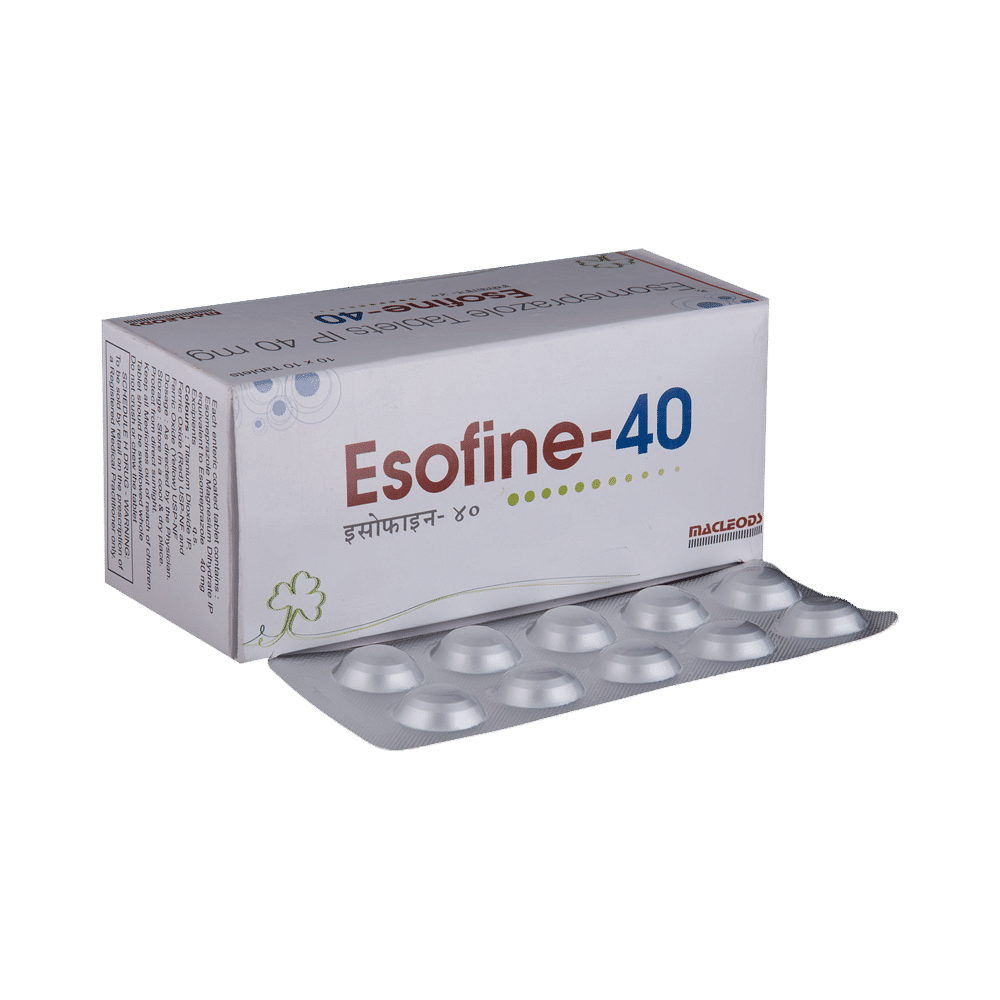
Esofine 40 Tablet
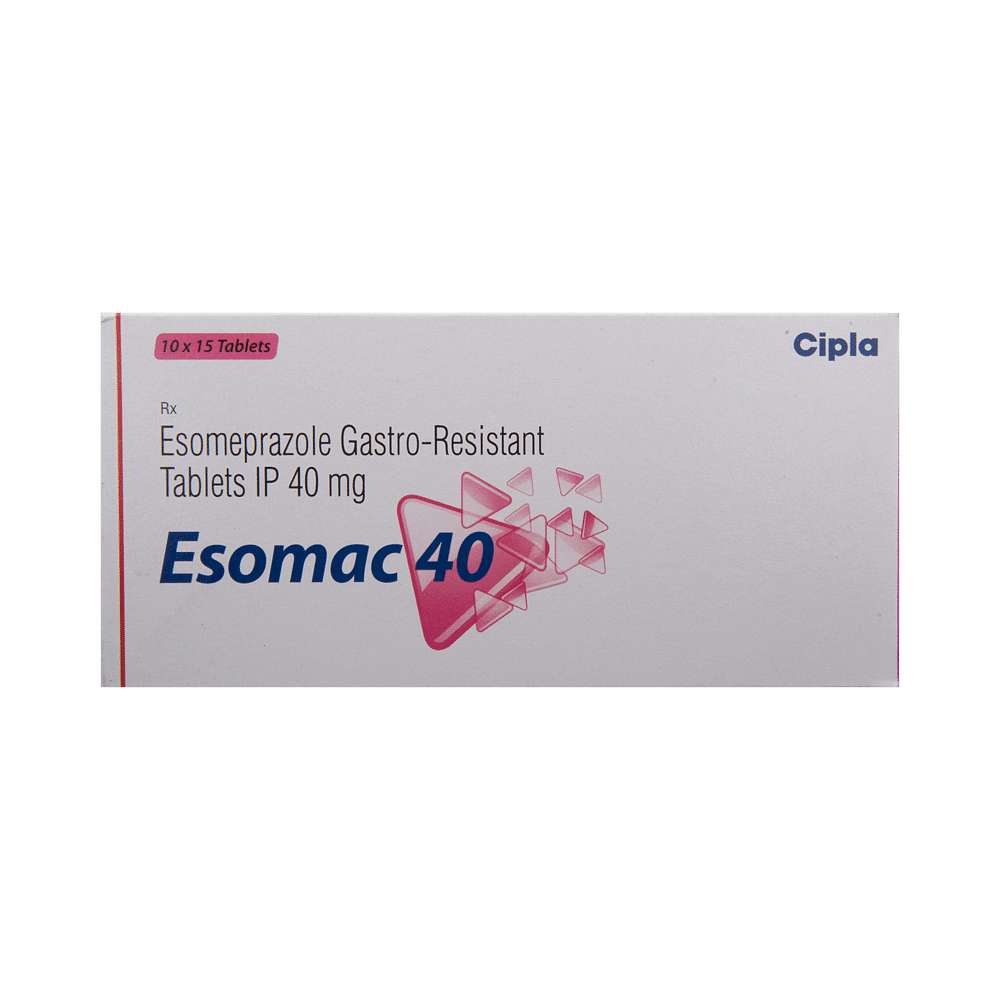
Esomac 40 Tablet
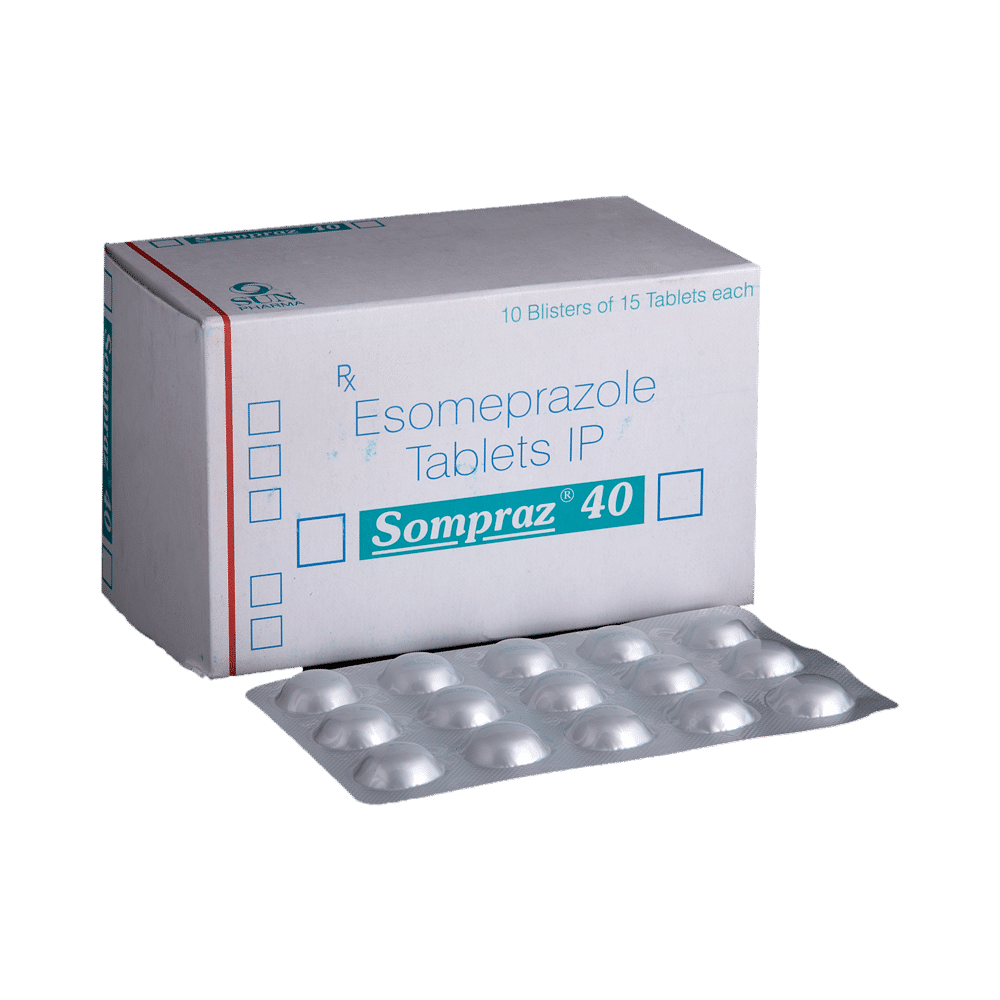
Sompraz 40 Tablet
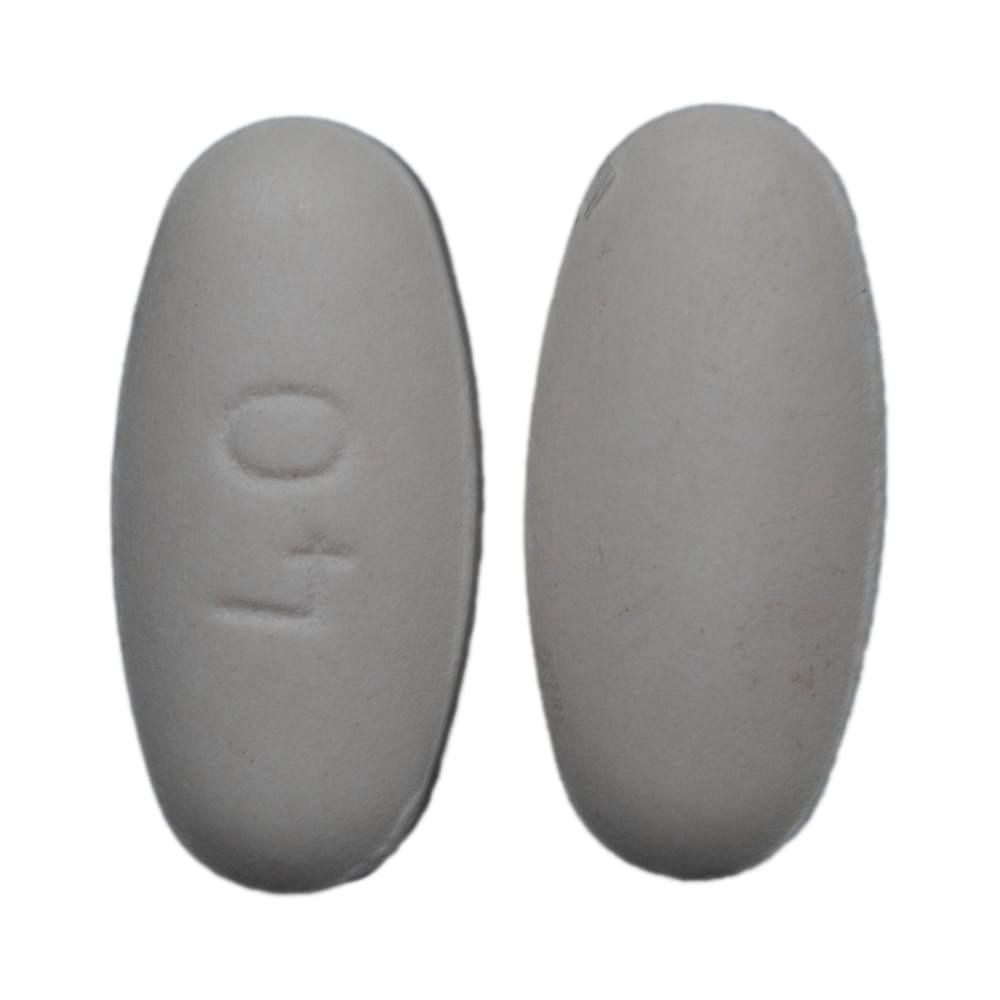
Nexpro Fast 40 Tablet
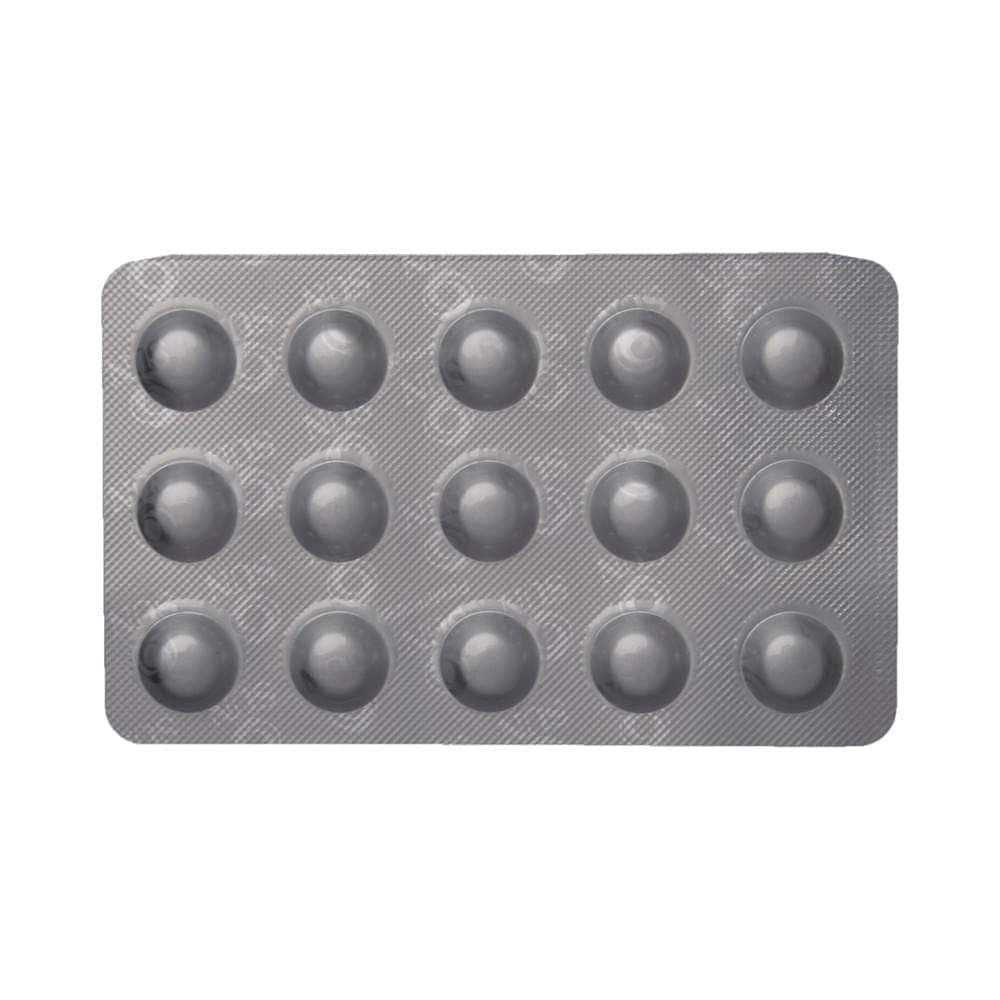
Raciper 40 Tablet

Neksium 40mg Tablet
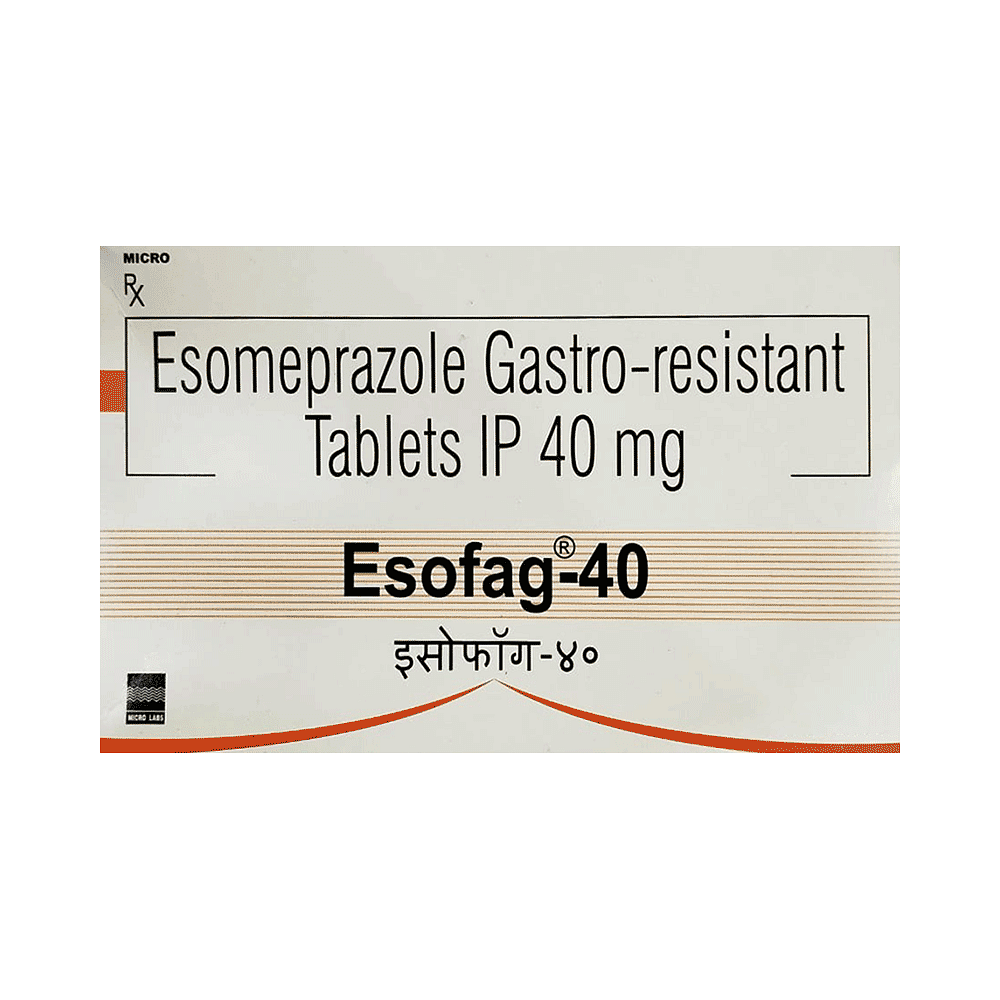
Esofag-40 Tablet

Esotab 40 Tablet
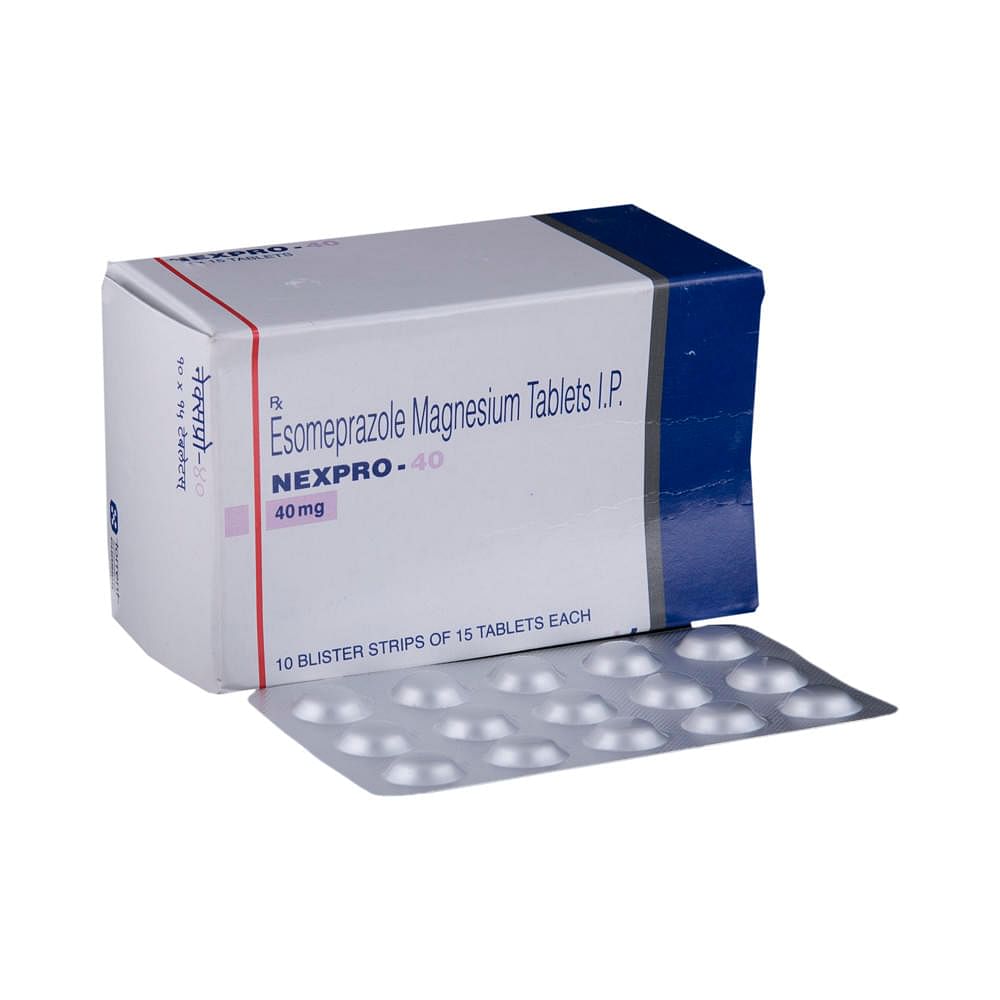
Nexpro-40 Tablet
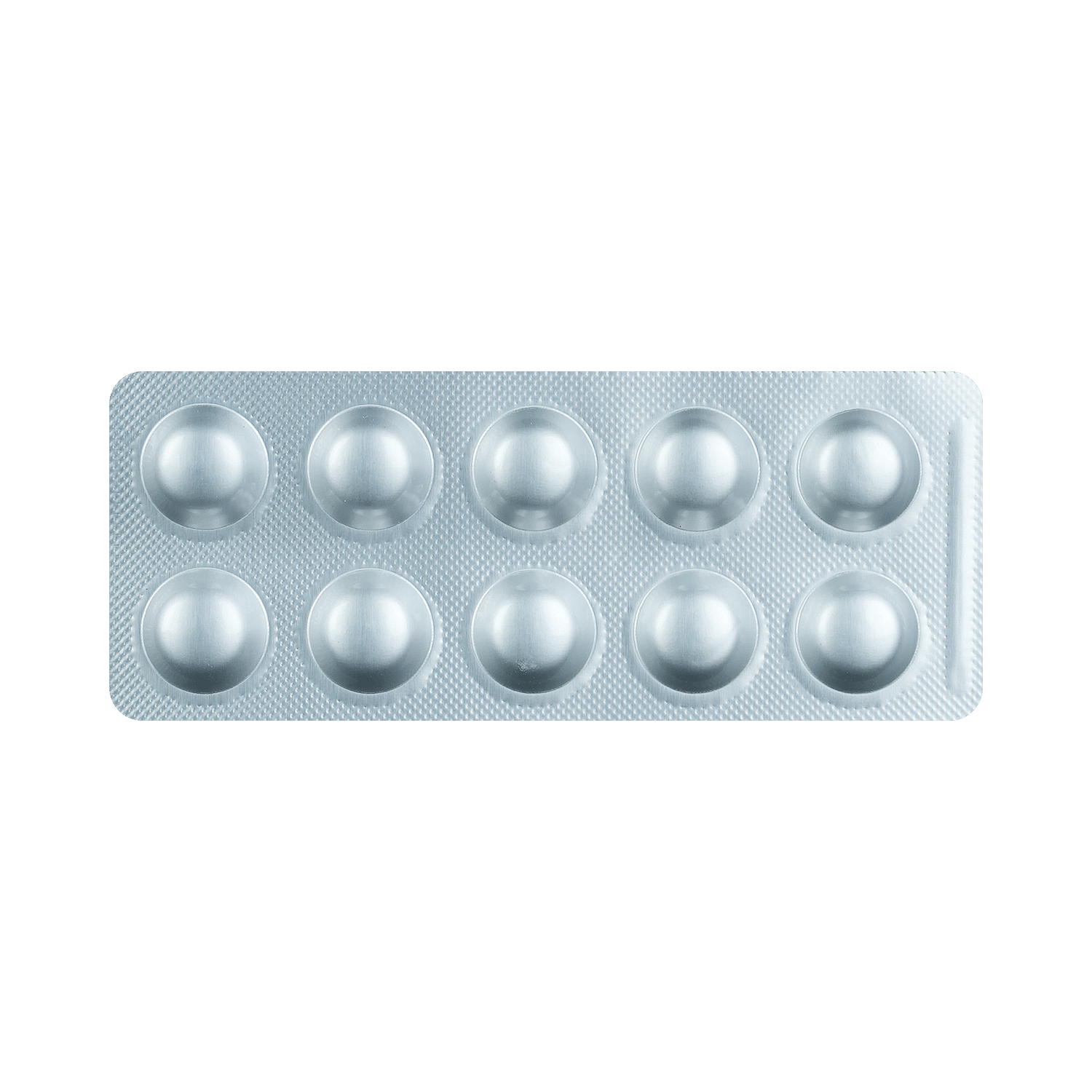
Esogress 40 Tablet


